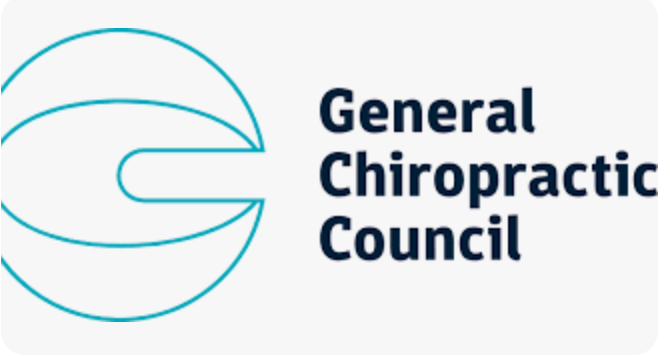

https://www.probityandethics.com/
Facing an investigation by the General Chiropractic Council (GCC) can be daunting for any chiropractor. Whether the investigation arises from a patient complaint, clinical practice concerns, or professional conduct issues, knowing how to navigate the GCC investigation process is crucial. How you respond can greatly impact the outcome and help safeguard your career.
In this blog, we’ll explore how to handle GCC complaints, provide insights into fitness to practise concerns, and offer practical tips for responding to a GCC investigation effectively. Here’s a comprehensive guide to dealing with GCC investigations.
The GCC investigation starts when the GCC receives a complaint or referral about a chiropractor’s fitness to practise. Complaints can come from patients, employers, colleagues, or even self-referrals. The issues could involve clinical practice, patient communication, or breaches of the GCC’s Code of Practice. The GCC investigates these concerns to ensure chiropractors meet high standards of care and professionalism.
The GCC first conducts an initial assessment to determine if the complaint falls within their remit. Not every complaint results in a formal investigation. If the issue is minor or does not raise questions about the chiropractor’s fitness to practise, the GCC may take no further action or recommend local resolution.
If the complaint warrants further action, the GCC opens a formal investigation. They gather information such as:
During the GCC investigation, the chiropractor will be notified and given a chance to respond. How you approach responding to a GCC investigation is critical as it can shape the course of the investigation. Properly dealing with GCC investigations is key to ensuring a fair assessment.
Receiving a GCC complaint can be distressing, but it’s important to remain calm and handle it strategically.
As soon as you receive a complaint, familiarize yourself with the details of the allegations. Seek fitness to practise advice from your professional indemnity provider, association, or a solicitor experienced in GCC cases. This early guidance is crucial for dealing with GCC investigations effectively. Always consult professional advice before submitting your response to the GCC.
When preparing your response, follow these steps:
During the investigation, the GCC reviews all evidence, including your response. This process can take months, and they may request additional information.
Cooperation is vital throughout the GCC investigation. Respond promptly to requests for information and be prepared for interviews. Not cooperating may lead to severe consequences, including interim restrictions on your ability to practise.
If the GCC sees an immediate risk to public safety, they may impose interim conditions on your practice or suspend your registration. Legal representation at this stage is crucial to present your case and argue against unnecessary restrictions.
After the investigation, the GCC will decide on the appropriate action. Understanding potential outcomes helps you prepare for dealing with GCC investigations.
The most favourable outcome is when the GCC finds no evidence of impaired fitness to practise and closes the case.
If the GCC identifies concerns but finds they do not impair your fitness to practise, they may issue a warning. Warnings are not restrictions but remain on your record for a specified period.
In some cases, the GCC may impose conditions, such as requiring additional training. While this may limit aspects of your practice, it allows you to continue working while addressing the issues.
If there is sufficient evidence of impaired fitness to practise, the case may be referred to a hearing. Both you and the GCC present evidence, and the committee decides on the outcome, which could include practice conditions, suspension, or removal from the register.
Contact your indemnity provider, association, or a solicitor as soon as you receive a complaint. Early advice is crucial for navigating GCC investigations effectively.
Keep records of interactions with the GCC, patients, and colleagues. Proper documentation is vital for responding to GCC investigation inquiries.
How you handle complaints reflects your professionalism and commitment to high standards.
Use this experience as an opportunity for reflection. Demonstrating insight can positively impact the investigation’s outcome.
Dealing with GCC investigations can be challenging, but understanding the GCC investigation process and responding appropriately can make a significant difference. By seeking early advice, maintaining professionalism, and cooperating with the GCC, you can navigate the situation effectively.
If you face a GCC complaint, support is available. Reach out to your indemnity provider, legal advisors, and colleagues. By handling complaints thoughtfully, you can protect your career and continue providing quality care.
For more information on navigating professional investigations, visit General Chiropractic Council – Fitness to Practise and GCC Code of Practice. These resources offer comprehensive guidelines on professional standards and handling complaints.
© Copyright 2024 Probity & Ethics. All Rights Reserved.